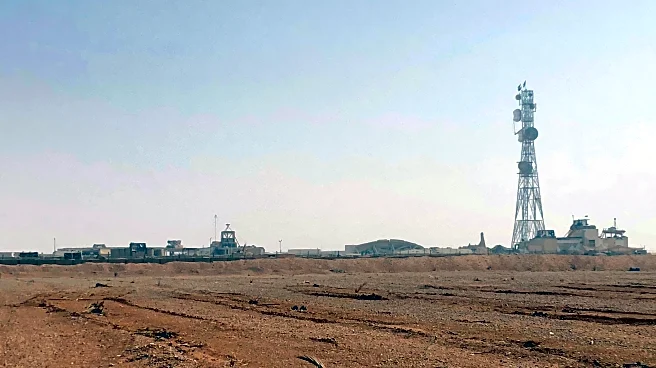Rapid Read • 7 min read
Argentina's Large Investment Incentive Regime (RIGI) has approved a new lithium mining project in Catamarca, spearheaded by Australian firm Galan Lithium. The project involves a $217 million investment and aims to produce up to 20,850 tonnes of lithium carbonate equivalent annually by 2027. Economy Minister Luis Caputo confirmed the approval and announced the rejection of a bid by Chinese company Ganfeng to join RIGI and expand Project Mariana in Salta. Ganfeng's bid was rejected due to not meeting entry demands, including minimum investment requirements.
AD
The approval of Galan Lithium's project is significant for Argentina's mining sector, potentially boosting exports and economic growth. The rejection of Ganfeng's bid reflects Argentina's strategic approach to foreign investments, particularly from countries perceived as authoritarian. This decision aligns with statements from US ambassador nominee Peter Lamelas, emphasizing the exclusion of certain countries from the continent. The development could impact international relations and investment dynamics in the region.
Galan Lithium will proceed with its plans to produce lithium carbonate, with exports expected to begin in 2029. The rejection of Ganfeng's bid may lead to diplomatic discussions or adjustments in investment strategies by Chinese firms. Argentina's government may continue to scrutinize foreign investments, particularly from countries with political tensions. The mining sector will likely see further developments as companies navigate regulatory and political landscapes.
The decision to reject Ganfeng's bid highlights the intersection of economic policy and geopolitical considerations. Argentina's stance may influence other countries' approaches to foreign investments, particularly in strategic sectors like mining. The focus on excluding certain countries could have long-term implications for regional alliances and economic partnerships.
AD
More Stories You Might Enjoy













